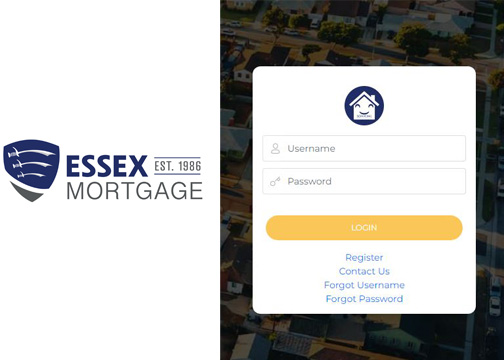Can You Use a Personal Loan for Business Expenses? A personal loan is a one-time amount that an individual takes out in installments from a bank, credit union, or other lender. Personal loans allow for term extension and have a repayment term of 60 months or less. But the question remains: can you use a personal loan for business expenses?

Due to its swift and convenient application process for personal loans, you may prefer it over business loans for unique expenses. These business expenses may include startup costs, payroll, or software and tech investments. Additionally, lenders evaluate your income and credit score when you apply for a personal loan, and providing a few pay stubs and identification is mandatory. Furthermore, understanding the advantages and disadvantages of personal loans as an alternative financing option for business expenses is advantageous.
When to Use a Personal Loan for Business Expenses
Installment loans with numerous uses are personal loans. Many of them are unsecured, as they do not require any kind of collateral. Most lenders will permit you to utilize money from a personal loan for your business, but you have to inquire first and be truthful about the purpose of the money.
Additionally, the financing can be used for both personal and business purposes, like settling payroll and consolidating personal debt. However, your loan will be connected to your finances instead of your business. Therefore, you need to ensure the money is utilized reasonably and that repaying the loan or your finances will not be affected.
Furthermore, ensure you comprehend the terms of the loans and that your lender knows of your plans for the money before you sign a loan agreement. This would help you avoid any penalties that might be charged.
Advantages of Using a Personal Loan for Business Expenses
Because the application process for personal loans is less stressful than for traditional business loans, using them for business expenses seems appealing. In addition, here are some of the advantages of using a personal loan for business expenses:
Reasonable lending requirements
Personal loans are simpler to be approved for than business loans. This is because lenders won’t check your credit history, your company’s financial standing, or the length of time it has been in operation.
No collateral
Since unsecured personal loans don’t need collateral, you don’t have to give up any personal belongings. While it can be challenging to qualify for an unsecured business loan, most personal loans are unsecured.
Fast access to funds
Compared to business loans, which may require more complex documentation and approvals, personal loans are typically easier to obtain and quicker to use. Also, personal loans offer repayment terms from 2 to 10 years.
Disadvantages of Using a Personal Loan for Business Expenses
Since personal loans have a simpler application process than business loans to pay for business expenses, they’re usually not a suitable choice for everyone. Getting a personal loan for business expenses comes with some disadvantages. The following include
High interest rate
The average interest rate on a personal loan is 11.56%, with rates ranging from 5% to 36%. In addition, the median fixed interest rate, or average interest rate, for business loans is nine percent.
No effect on business credit
Your personal loan payment history has no bearing on your business credit. That might be advantageous if you are behind on your payments. However, it is detrimental if you want to raise your company’s credit score.
Your credit score is at risk
Missed or late payments can damage your credit and make it more difficult for you to be accepted for credit cards and auto loans, among other personal credit products.
How to Use a Personal Loan for Business Expenses
After you have been approved for your business after undergoing some research, the next thing you need to know is how to use a personal loan for business expenses. Additionally, you can utilize the whole sum for anything you want, except that your lender may place some limits. This can be settled during the loan application process. The following includes
- Purchases of tools and equipment.
- Inventory expenses.
- The company also incurs expenses related to payroll and labor.
- Upkeep, fixes, and improvements.
- Property and rent.
Moreover, your only limitation is the overall sum you can take out. This means you can start your business, pay for space, get inventory, employ workers, and achieve other business goals with personal loan finances.
Will a personal loan for business expenses be tax-deductible?
Yes, it can be tax-deductible to a certain level. If you have enough documentation, the interest you pay on your loan can become deductible against any taxes on profits. If you decide to follow the process, you will have to update your books and maintain frequent documentation of your costs and how they connect to your business.





